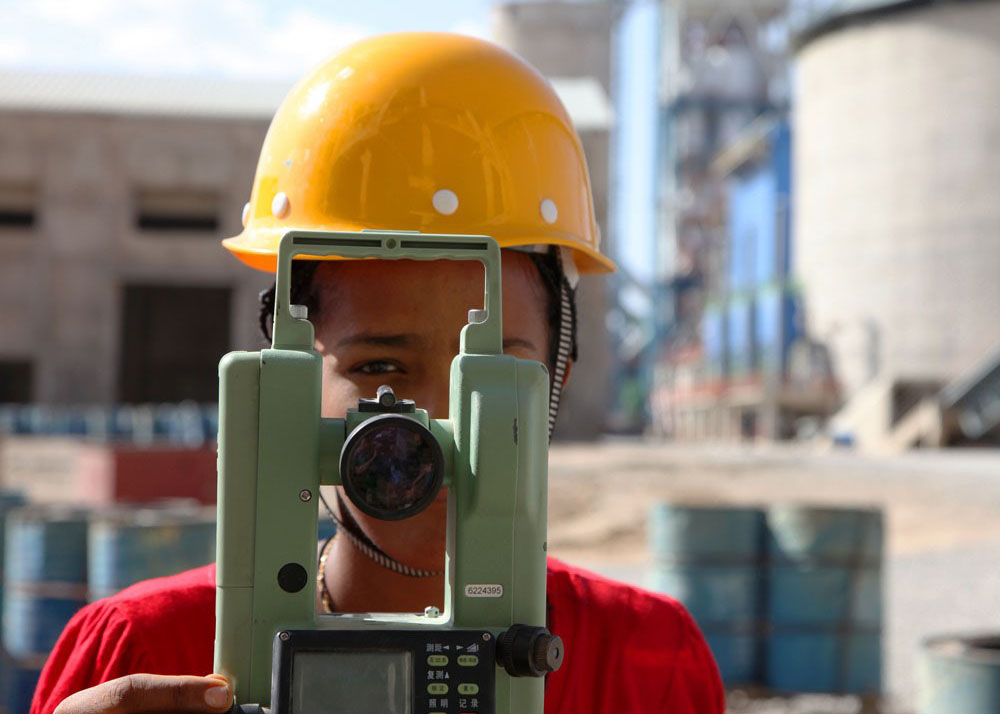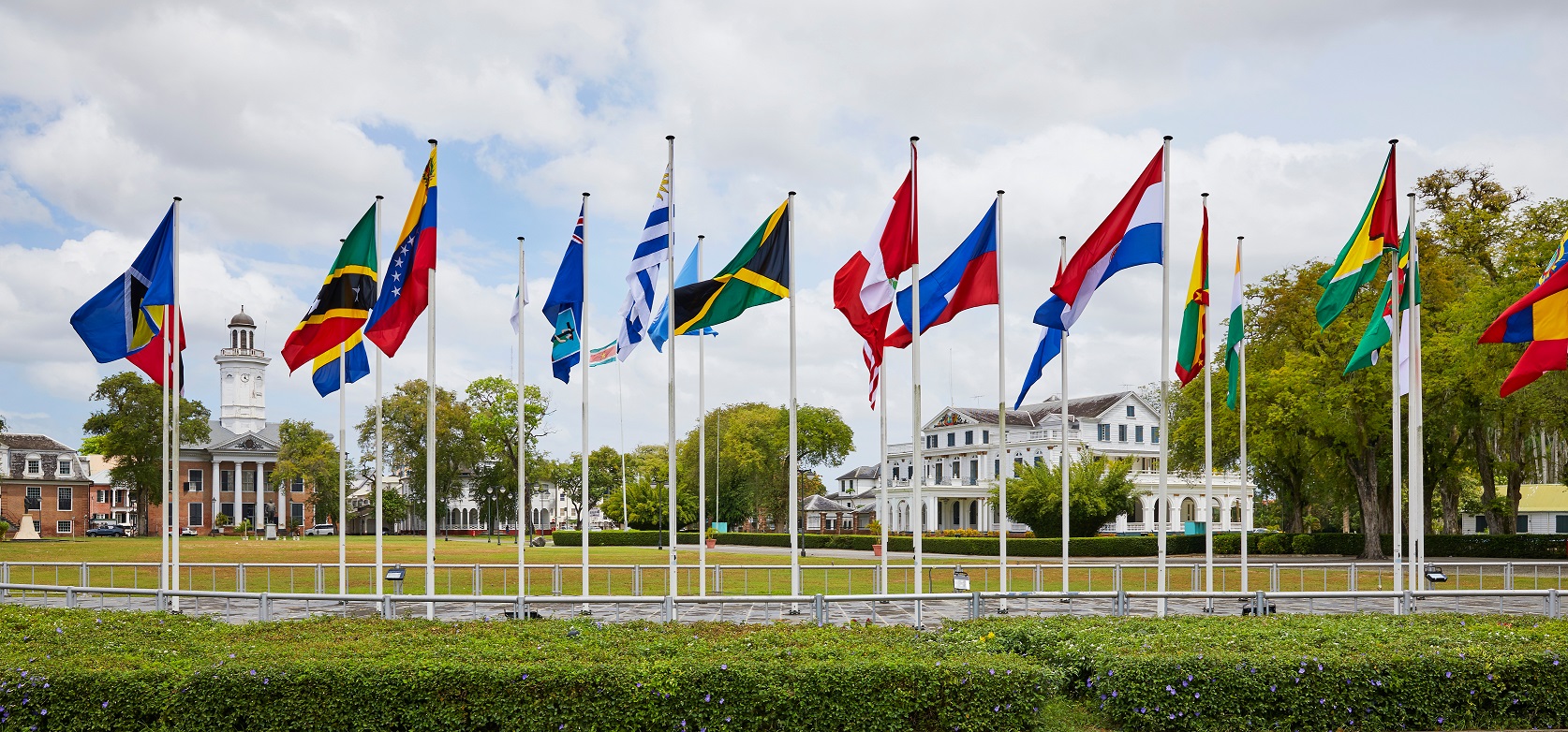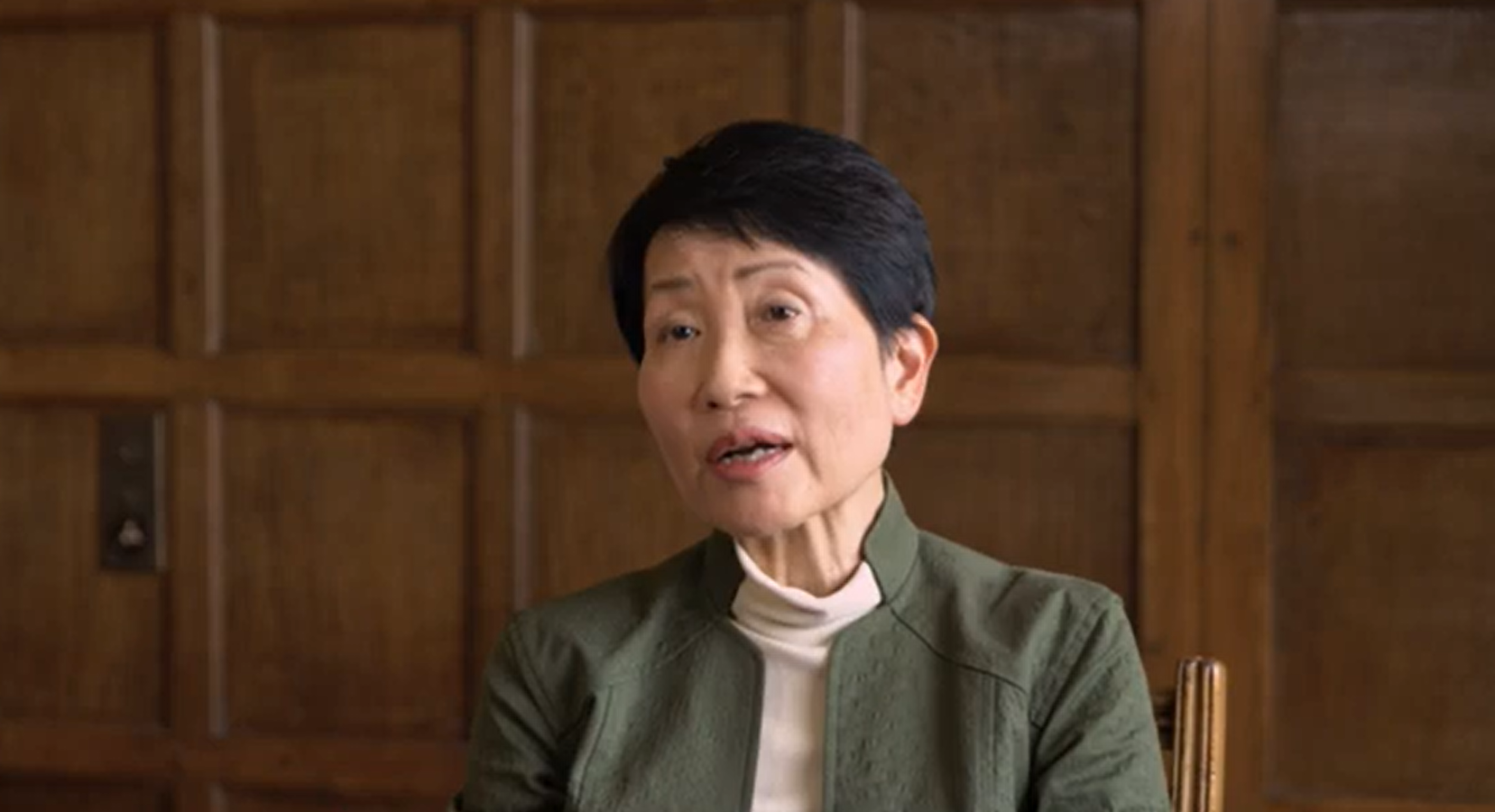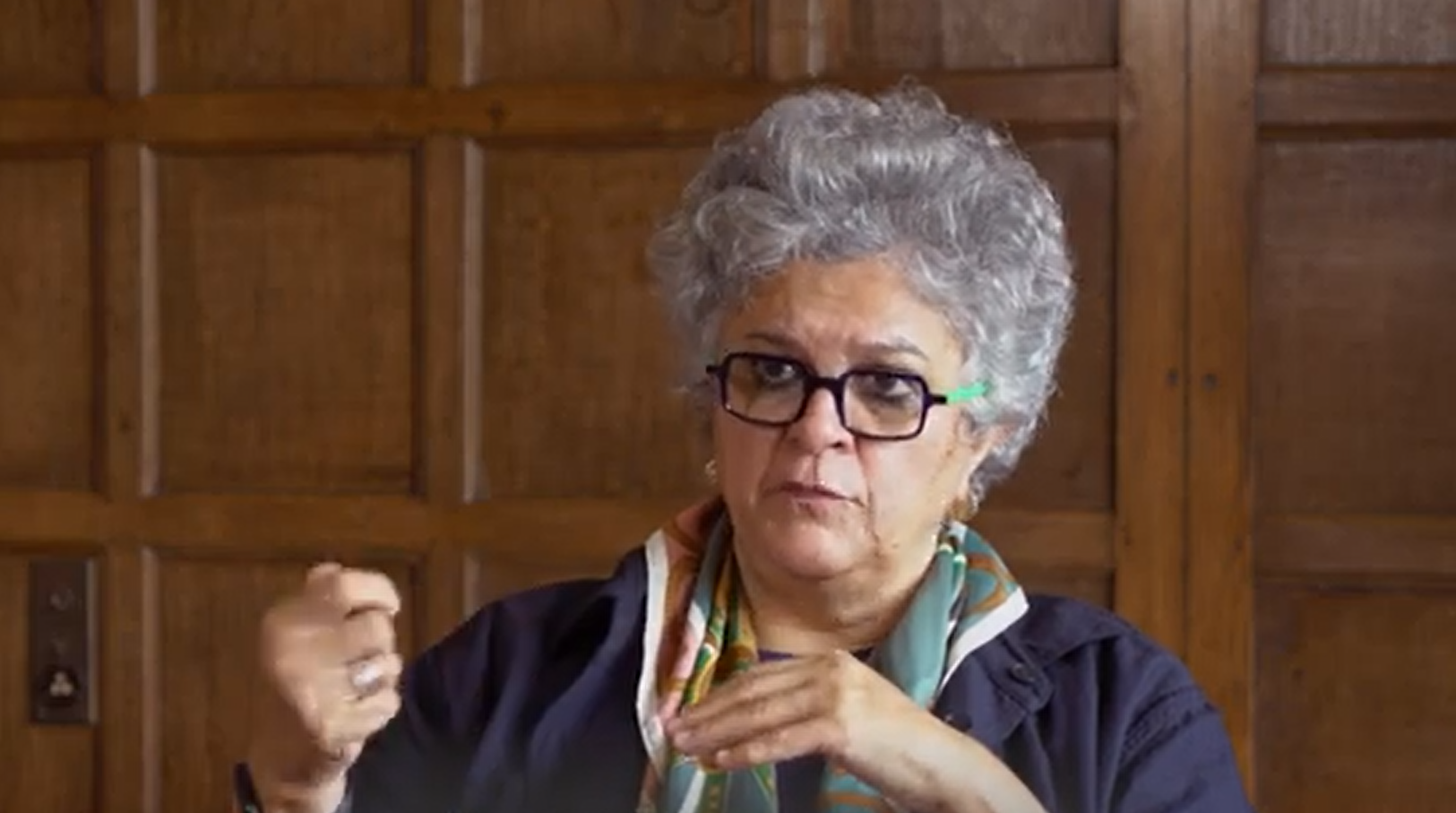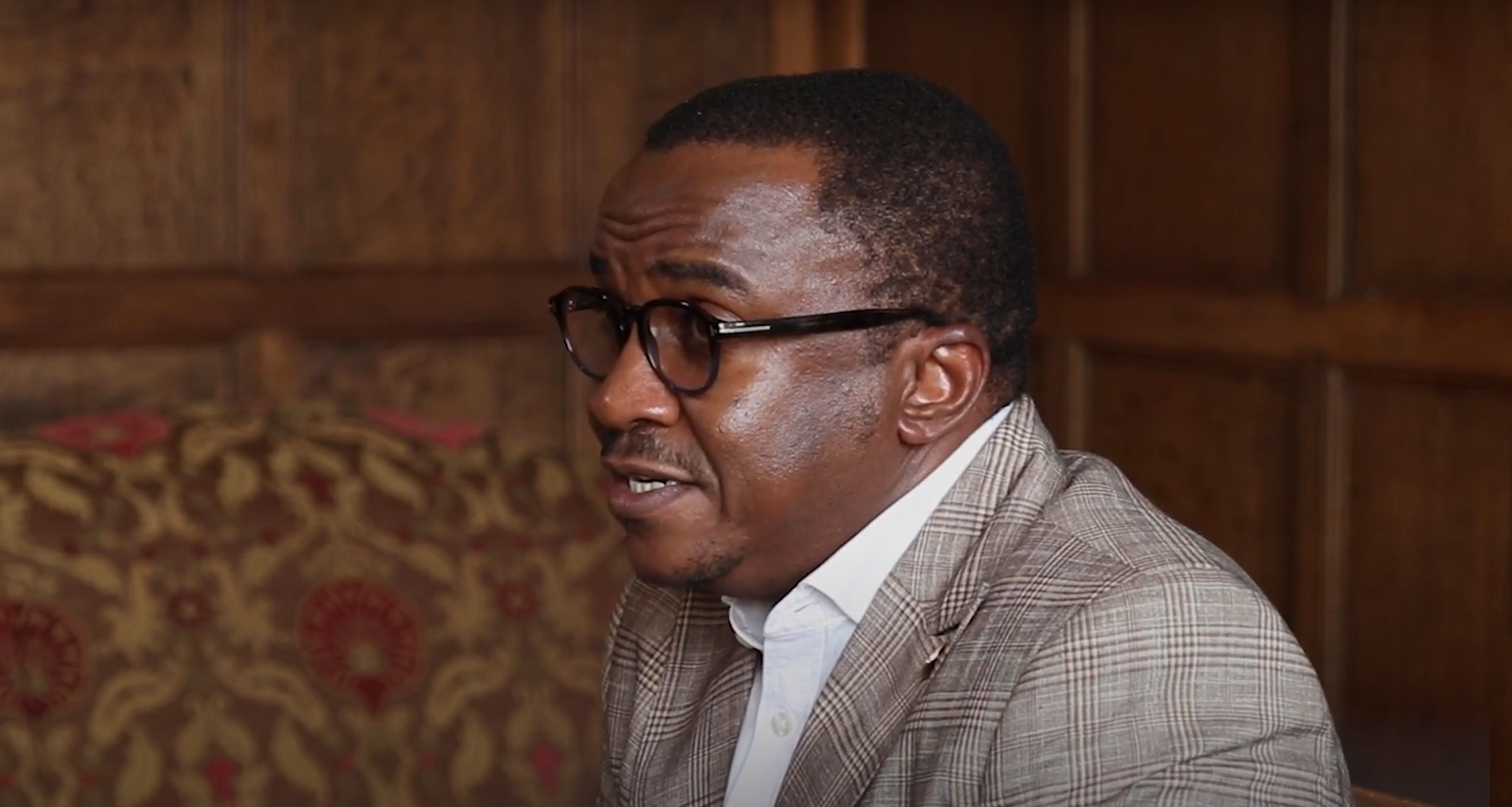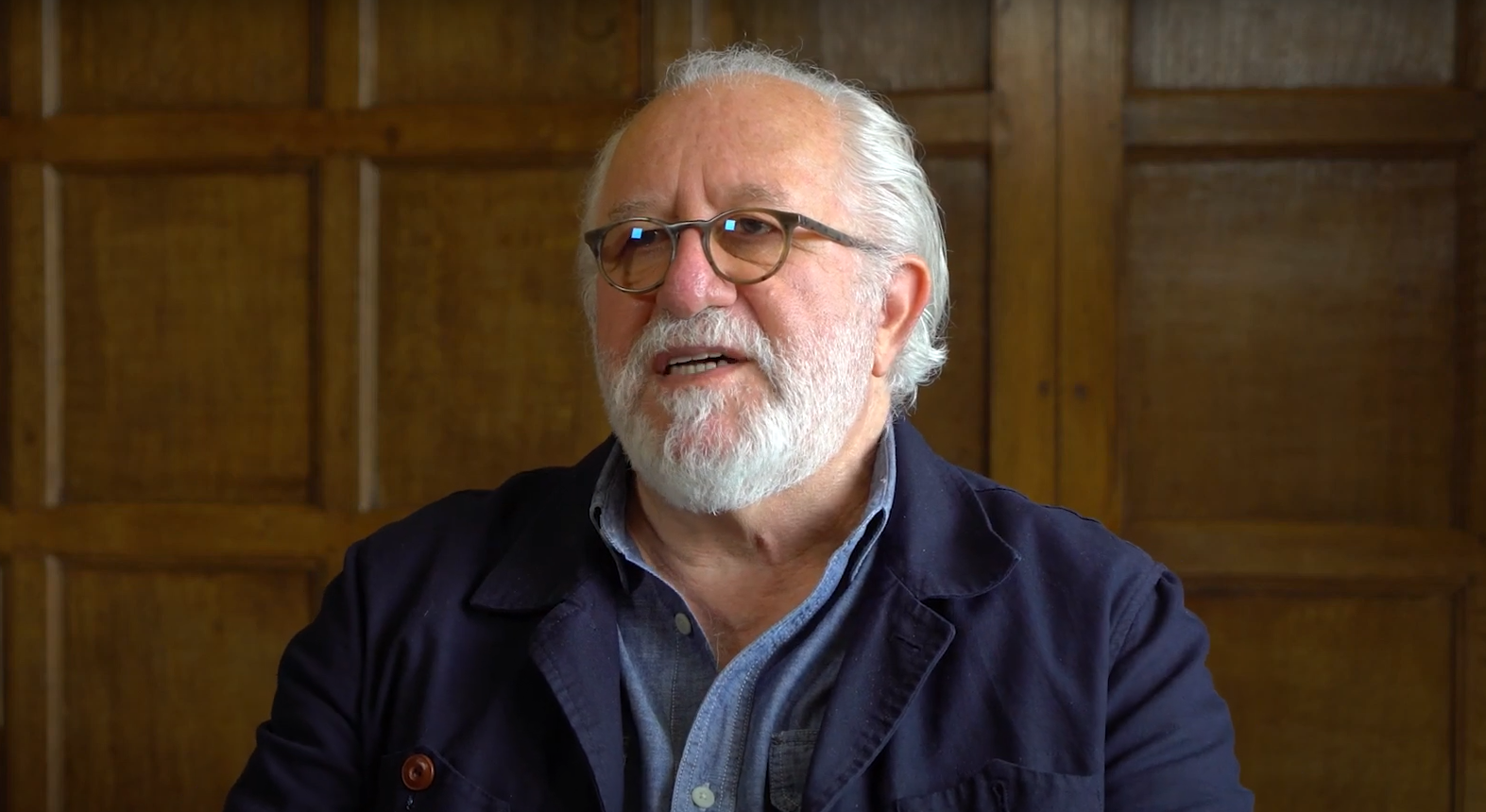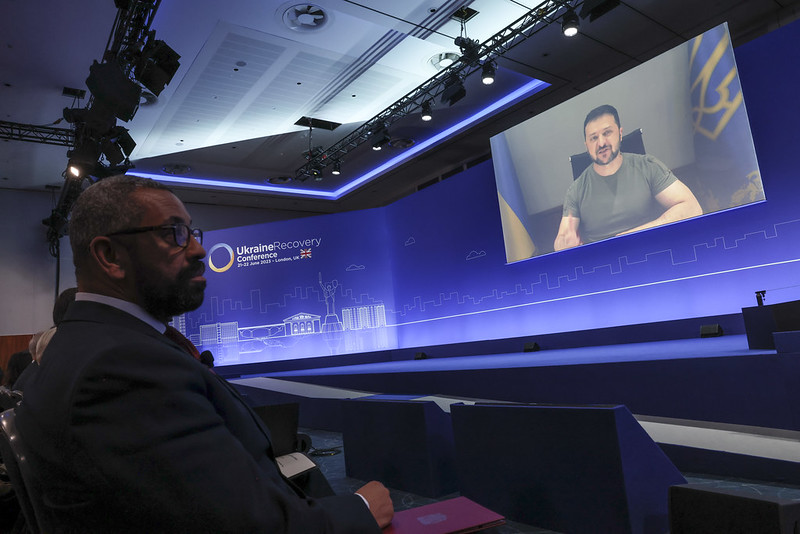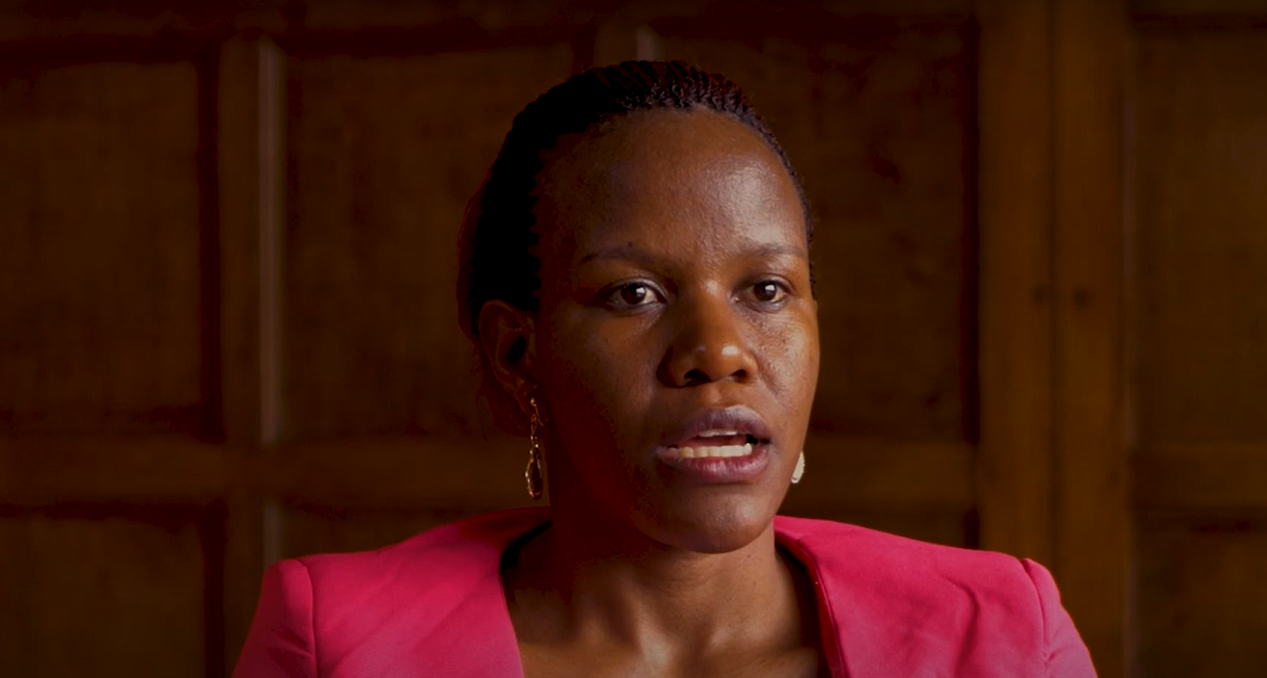Equipping people with the skills they need to thrive in work is one of the foundations of economic prosperity and sustainable development. The World Bank estimates that human capital makes up around 65% of wealth in high-income countries, but only 40% in low income countries. Supporting countries in closing this gap and maximising the potential of their human capital is more pressing than ever in the light of accelerations in technology.
All countries face the challenge of training their workforce and providing industry with the skills they need to grow in the face of transformative developments in the way people work. Technological change, automation and the demand for a flexible workforce require policymakers, educators and businesses to develop futureproof skills programmes today.
Although all countries will have their unique needs and objectives for building a skilled workforce, there is room for collaboration and the sharing of knowledge. Not only will all countries have to grapple with transformative developments, such as technological change and automation, but many of them face similar obstacles in overcoming the challenges posed by such developments.
Common issues include: matching training and skills development with the needs of industry; building skills infrastructures and frameworks of sufficient quality; aligning skills programmes with wider economic objectives, such as infrastructure projects and sectoral policies; tackling the perception that technical and vocational pathways are inferior to traditional academic routes; ensuring gender equality, particularly in science, technology, engineering and mathematics (STEM); and avoiding leaving marginalised groups, such as rural populations, behind.
This dialogue hosted by Wilton Park and the UK Government sought to share best practice, build partnerships and assess strategies for developing high-quality skills programmes. It aimed to act as a catalyst for skills development and bring together partners from a range of countries, including South Africa, Kenya, Egypt, Nigeria, Philippines, Malaysia, Indonesia, Brazil, Mexico.
